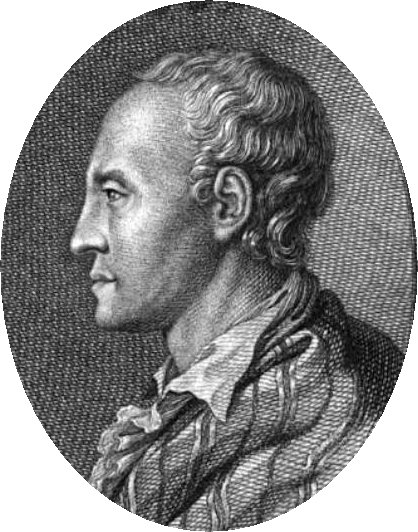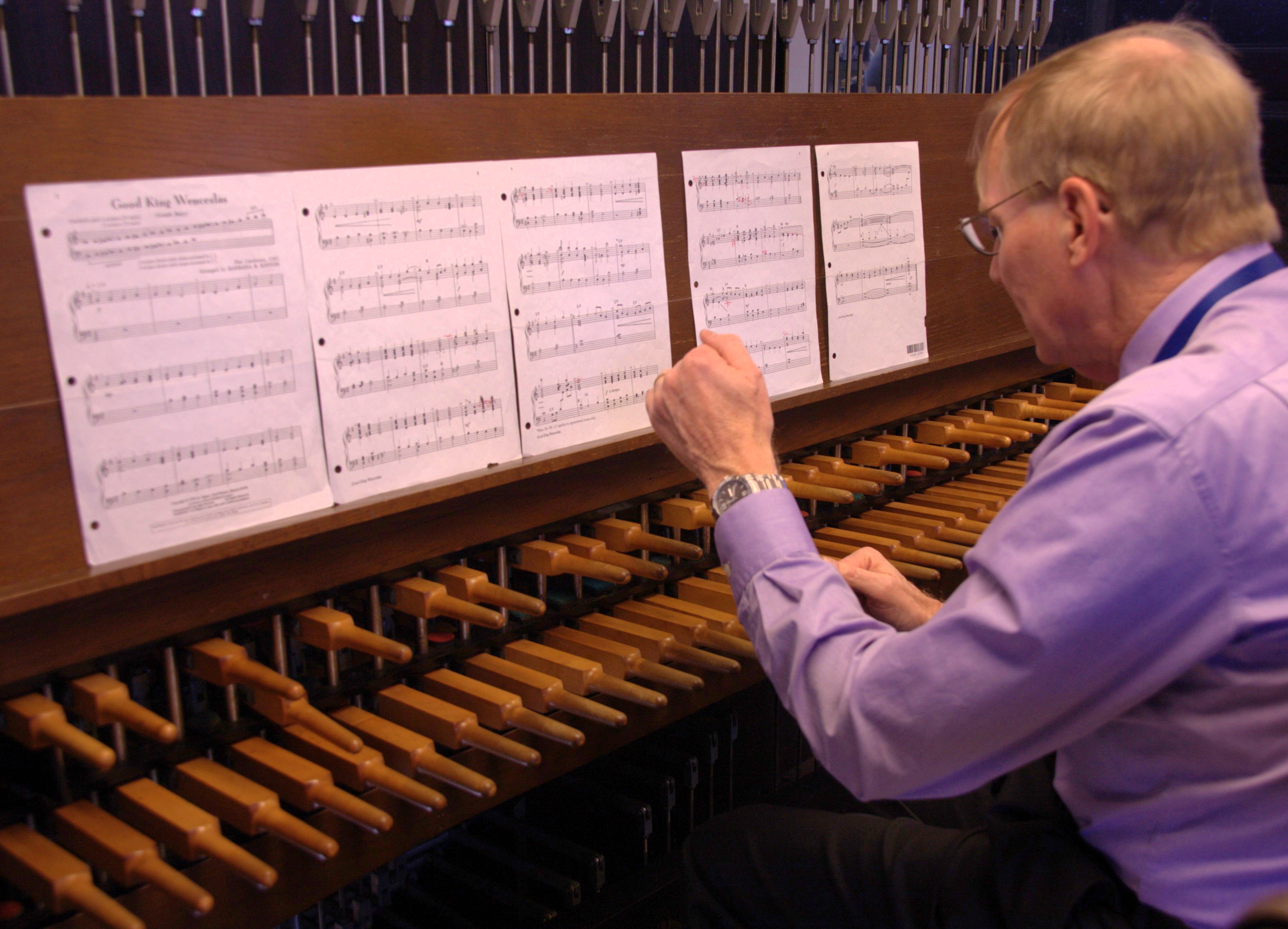|
Garrison Church (Potsdam)
The Garrison Church (German: ''Garnisonkirche'') was a Protestant church in the historic centre of Potsdam. Built by order of King Frederick William I of Prussia according to plans by Philipp Gerlach from 1730 to 1735, it was considered as a major work of Prussian Baroque architecture. With a height of almost 90 metres (295 feet), it was Potsdam's tallest building and shaped its cityscape. In addition, the Garrison Church was part of the city's famous "Three Churches View" together with St. Nicholas Church and Holy Spirit Church. After it was damaged during the British bombing in World War II, the East German authorities demolished the church in 1968. After the German reunification the Garrison Church is currently being rebuilt as a centre for remembrance and reconciliation. The Garrison Church was an important place in the early modern History of Germany. Johann Sebastian Bach, Alexander I of Russia, Napoleon and others visited the building. In addition, it served as burial si ... [...More Info...] [...Related Items...] OR: [Wikipedia] [Google] [Baidu] |
Carl Hasenpflug - Garnisonkirche Potsdam (1827)
Carl may refer to: *Carl, Georgia, city in USA *Carl, West Virginia, an unincorporated community *Carl (name), includes info about the name, variations of the name, and a list of people with the name *Carl², a TV series * "Carl", an episode of television series ''Aqua Teen Hunger Force'' * An informal nickname for a student or alum of Carleton College CARL may refer to: *Canadian Association of Research Libraries *Colorado Alliance of Research Libraries See also *Carle (other) *Charles *Carle, a surname *Karl (other) *Karle (other) Karle may refer to: Places * Karle (Svitavy District), a municipality and village in the Czech Republic * Karli, India, a town in Maharashtra, India ** Karla Caves, a complex of Buddhist cave shrines * Karle, Belgaum, a settlement in Belgaum d ... {{disambig ja:カール zh:卡尔 ... [...More Info...] [...Related Items...] OR: [Wikipedia] [Google] [Baidu] |
Frederick The Great
Frederick II (german: Friedrich II.; 24 January 171217 August 1786) was King in Prussia from 1740 until 1772, and King of Prussia from 1772 until his death in 1786. His most significant accomplishments include his military successes in the Silesian wars, his re-organisation of the Prussian Army, the First Partition of Poland, and his patronage of the arts and the Enlightenment. Frederick was the last Hohenzollern monarch titled King in Prussia, declaring himself King of Prussia after annexing Polish Prussia from the Polish–Lithuanian Commonwealth in 1772. Prussia greatly increased its territories and became a major military power in Europe under his rule. He became known as Frederick the Great (german: links=no, Friedrich der Große) and was nicknamed "Old Fritz" (german: links=no, "Der Alte Fritz"). In his youth, Frederick was more interested in music and philosophy than in the art of war, which led to clashes with his authoritarian father, Frederick William I of Prussia. ... [...More Info...] [...Related Items...] OR: [Wikipedia] [Google] [Baidu] |
Wolfgang Amadeus Mozart
Wolfgang Amadeus Mozart (27 January 17565 December 1791), baptised as Joannes Chrysostomus Wolfgangus Theophilus Mozart, was a prolific and influential composer of the Classical period. Despite his short life, his rapid pace of composition resulted in more than 800 works of virtually every genre of his time. Many of these compositions are acknowledged as pinnacles of the symphonic, concertante, chamber, operatic, and choral repertoire. Mozart is widely regarded as among the greatest composers in the history of Western music, with his music admired for its "melodic beauty, its formal elegance and its richness of harmony and texture". Born in Salzburg, in the Holy Roman Empire, Mozart showed prodigious ability from his earliest childhood. Already competent on keyboard and violin, he composed from the age of five and performed before European royalty. His father took him on a grand tour of Europe and then three trips to Italy. At 17, he was a musician at the Salzburg court b ... [...More Info...] [...Related Items...] OR: [Wikipedia] [Google] [Baidu] |
Ludwig Christoph Heinrich Hölty
Ludwig Christoph Heinrich Hölty (21 December 1748 – 1 September 1776) was a German poet, known especially for his ballads. Hölty was born in the Electorate of Hanover in the village of Mariensee (today part of Neustadt am Rübenberge) where his father was pastor. In 1769, he went to study theology at the University of Göttingen. There he formed a close friendship with Johann Martin Miller, Johann Heinrich Voss, Heinrich Christian Boie, the brothers Stolberg, and others, and became one of the founders of the famous society of young poets known as the Hain, or Göttinger Hainbund. By the time he left the university in 1774, he had abandoned all intention of becoming a clergyman, but he was not to enter any profession. He died of consumption at Hanover. Hölty was the most gifted lyric poet of the Göttingen circle. He was influenced by Johann Uz and Friedrich Klopstock, but his love for the ''Volkslied'' and his delight in nature preserved him from the artificiality of Uz an ... [...More Info...] [...Related Items...] OR: [Wikipedia] [Google] [Baidu] |
Always Be True And Faithful
''Always Be True and Faithful'' (german: Üb' immer Treu' und Redlichkeit ) is a 1927 German silent film directed by Reinhold Schünzel and starring Reinhold Schünzel, Rosa Valetti and Julius E. Herrmann.Bock & Bergfelder p. 524 The film's sets were designed by the art directors Emil Hasler and Oscar Friedrich Werndorff. Cast * Reinhold Schünzel as Orje Duff * Rosa Valetti as Fedora Bratfisch, Karussellbesitzerin * Julius E. Herrmann as Anton Rabach, Inhaber eines Modellhauses * Lydia Potechina as Friderike Rabach, Antons Frau * Ernst Hofmann as Kasimir Rabach, beider Sohn * Toni Philippi as Laetitia Della Casa * Sig Arno as Poldi Meindl * Margot Landa as Christine Bleibtreu * Yvette Darnys as Yvette, Revuestar * Kurt Gerron as Yvettes Mann * Paul Westermeier as Karl, Hausdiener bei Rabach * Hans Albers * Ferdinand Bonn * Gaston Briese Gaston Briese (19 August 1898 – 22 March 1953) was a German stage and film actor. He appeared in more than forty films during his career, ... [...More Info...] [...Related Items...] OR: [Wikipedia] [Google] [Baidu] |
Lobet Den Herrn, Alle Heiden, BWV 230
''Lobet den Herrn, alle Heiden'' (''Praise the Lord, all ye nations''), 230, is a motet by Johann Sebastian Bach. Words The motet draws its text from Psalm 117 Verses 1-2. A couple of Bach's other motets are known to have been composed for funerals in Leipzig and set texts such as the Epistle to the Romans. The celebratory text of ''Lobet den Herrn'' does not suggest a farewell to the world, indicating that it was composed for a different type of occasion. History It is not known when the work was composed. Some scholars, for example Martin Geck, have questioned the attribution to Bach. Accessed via JSTOR (subscription required) In the twentieth century the authoritative Bach-Werke-Verzeichnis catalogue included it in a set of motets (listed as BWV 225–231). In retrospect, the BWV numbering seems somewhat arbitrary as a grouping of the Bach motets: recent scholarship includes more works among the motets. However, ''Lobet den Herrn'' has often been recorded with others fro ... [...More Info...] [...Related Items...] OR: [Wikipedia] [Google] [Baidu] |
Carillon
A carillon ( , ) is a pitched percussion instrument that is played with a keyboard and consists of at least 23 cast-bronze bells. The bells are hung in fixed suspension and tuned in chromatic order so that they can be sounded harmoniously together. They are struck with clappers connected to a keyboard of wooden batons played with the hands and pedals played with the feet. Often housed in bell towers, carillons are usually owned by churches, universities, or municipalities. They can include an automatic system through which the time is announced and simple tunes are played throughout the day. Carillons come in many designs, weights, sizes, and sounds. They are among the world's heaviest instruments, and the heaviest carillon weighs over . Most weigh between . To be considered a carillon, a minimum of 23 bells are needed; otherwise, it is called a chime. Standard-sized instruments have about 50, and the world's largest has 77 bells. The appearance of a carillon depends ... [...More Info...] [...Related Items...] OR: [Wikipedia] [Google] [Baidu] |
Bundesarchiv Bild 170-123, Potsdam, Glockenspiel Der Garnisonkirche
, type = Archive , seal = , seal_size = , seal_caption = , seal_alt = , logo = Bundesarchiv-Logo.svg , logo_size = , logo_caption = , logo_alt = , image = Bundesarchiv Koblenz.jpg , image_caption = The Federal Archives in Koblenz , image_alt = , formed = , preceding1 = , preceding2 = , dissolved = , superseding1 = , superseding2 = , agency_type = , jurisdiction = , status = Active , headquarters = PotsdamerStraße156075Koblenz , coordinates = , motto = , employees = , budget = million () , chief1_name = Michael Hollmann , chief1_position = President of the Federal Archives , chief2_name = Dr. Andrea Hänger , chief2_position ... [...More Info...] [...Related Items...] OR: [Wikipedia] [Google] [Baidu] |
20 July Plot
On 20 July 1944, Claus von Stauffenberg and other conspirators attempted to assassinate Adolf Hitler, Führer of Nazi Germany, inside his Wolf's Lair field headquarters near Rastenburg, East Prussia, now Kętrzyn, in present-day Poland. The name "Operation Valkyrie"—originally referring to part of the conspiracy—has become associated with the entire event. The apparent aim of the assassination attempt was to wrest political control of Germany and its armed forces from the Nazi Party (including the SS) and to make peace with the Western Allies of World War II, Allies as soon as possible. The details of the conspirators' peace initiatives remain unknown, but they would have included unrealistic demands for the confirmation of Germany's extensive annexations of European territory. The plot was the culmination of efforts by several groups in the German resistance to Nazism, German resistance to overthrow the Nazi German government. The failure of the assassination attempt an ... [...More Info...] [...Related Items...] OR: [Wikipedia] [Google] [Baidu] |
Nazi Germany
Nazi Germany (lit. "National Socialist State"), ' (lit. "Nazi State") for short; also ' (lit. "National Socialist Germany") (officially known as the German Reich from 1933 until 1943, and the Greater German Reich from 1943 to 1945) was the German state between 1933 and 1945, when Adolf Hitler and the Nazi Party controlled the country, transforming it into a dictatorship. Under Hitler's rule, Germany quickly became a totalitarian state where nearly all aspects of life were controlled by the government. The Third Reich, meaning "Third Realm" or "Third Empire", alluded to the Nazi claim that Nazi Germany was the successor to the earlier Holy Roman Empire (800–1806) and German Empire (1871–1918). The Third Reich, which Hitler and the Nazis referred to as the Thousand-Year Reich, ended in May 1945 after just 12 years when the Allies defeated Germany, ending World War II in Europe. On 30 January 1933, Hitler was appointed chancellor of Germany, the head of gove ... [...More Info...] [...Related Items...] OR: [Wikipedia] [Google] [Baidu] |
Classical Music
Classical music generally refers to the art music of the Western world, considered to be distinct from Western folk music or popular music traditions. It is sometimes distinguished as Western classical music, as the term "classical music" also applies to non-Western art music. Classical music is often characterized by formality and complexity in its musical form and harmonic organization, particularly with the use of polyphony. Since at least the ninth century it has been primarily a written tradition, spawning a sophisticated notational system, as well as accompanying literature in analytical, critical, historiographical, musicological and philosophical practices. A foundational component of Western Culture, classical music is frequently seen from the perspective of individual or groups of composers, whose compositions, personalities and beliefs have fundamentally shaped its history. Rooted in the patronage of churches and royal courts in Western Europe, surviving earl ... [...More Info...] [...Related Items...] OR: [Wikipedia] [Google] [Baidu] |
.jpg)





